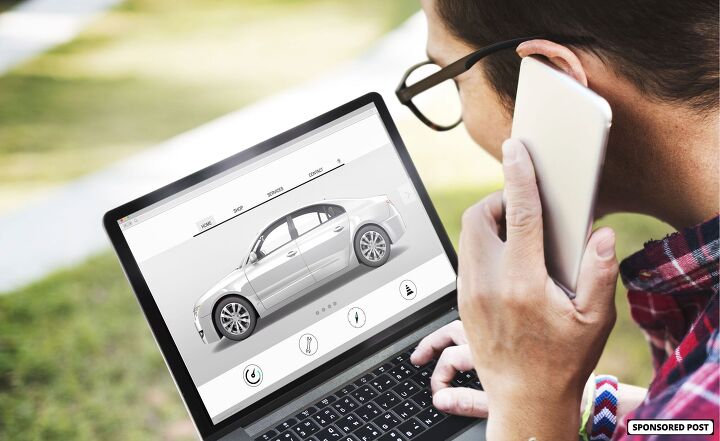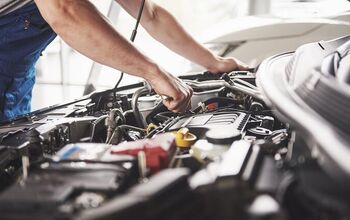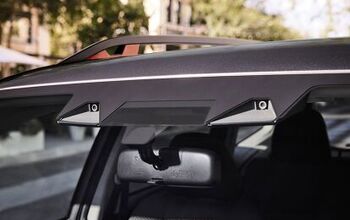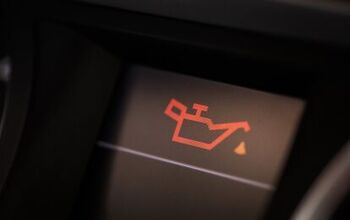License Plate Lookup 101

In the internet age, it’s quicker and easier than ever to gather loads of information on any pre-owned vehicle. The license plate lookup tool at Bumper.com is one information source worth looking into.
Whether you’re shopping used cars, you’ve got one to sell, or you’re just a car owner trying to keep on top of your vehicle’s market value and safety recalls, a vehicle history report is indispensable. A vehicle history report can tell you how many previous owners a vehicle has had, whether the car has been in any reported accidents or been written-off by an insurer, whether it’s ever been stolen or flooded, and so much more.
Of course, there’s no shortage of websites that promise completely thorough, accurate vehicle history reports at the click of a button, delivering with some degree of success or another, but almost all share one thing in common: they require a VIN, or Vehicle Identification Number, to pull information on the vehicle in question. The VIN is a long, complicated 17-digit alphanumeric code used to identify mass-produced vehicles, which can sometimes be tough to locate, and which some sellers might flat-out refuse to share.
The license plate lookup tool at Bumper.com is different, requiring no 17-digit VIN – just the seven or so digits contained on a vehicle’s license plate. That’s way easier to retrieve, plastered in big print on the back side of the vehicle rather than being hidden away on a small plaque in the lower windshield corner, or on a sticker inside the driver’s door. It’s also easier to take down and enter into a search box accurately without getting any of the digits wrong and pulling info on the wrong vehicle.
But beyond that, Bumper.com’s license plate lookup means that car shoppers can start researching vehicles of interest long before they’re ready to start talking to sellers, because let’s face it: most owners get a tad uncomfortable about strangers coming right up to their cars and taking down the VIN. Some sellers are even reluctant to share the VIN when a potential buyer asks for it, whether because the vehicle has a bit of a complicated history, or because the seller mistakenly believes that sharing the VIN would in some way expose them to risk.
How Can I Look Up A License Plate Number?
Bumper.com couldn’t be easier to use. To get a full vehicle history report on almost any vehicle with a registered plate, simply go to the website, select “Search by License Plate” above the Search box, type the license plate number, select the US state the plate is registered in from the drop-down menu, and click Search. The tool will take a few moments to pull available information from various databases and compile a full report, and then prompt you for your email address before giving you the option of paying for a membership. If you’re in the early stages of car-shopping and you anticipate running searches on more vehicles, a membership is well worth it. That gives you access to unlimited vehicle history reports for one month or three months, depending on which option you select.
What Can I Learn From A License Plate Lookup?
A license plate lookup through Bumper.com can give you loads of vital information on a registered car, truck, or SUV. Pulling from a mix of state-level agencies and trusted industry partners, Bumper.com’s tool can tell you the accident, salvage, and theft history of a vehicle, as well as its title and sales records, specs and recalls, and relevant market data. Armed with all this information, you’ll be ready to negotiate the purchase – or sale – of the vehicle from an informed position.
Here’s some of what a Bumper.com vehicle history report can tell you:
Vehicle Specs and Options
Feature Photo By Jirsak/Shutterstock
Wondering whether that shiny late-model pickup truck has the powertrain you want? Need to make sure your next family sedan has the premium package with adaptive cruise control? Make sure the vehicle you’re looking at checks all the right boxes with a license plate lookup. The vehicle history report can often even tell you whether a vehicle has any existing warranty coverage, which might be a compelling enough reason to pull the trigger.
Repairs, Recalls, and Suggested Maintenance
Sticker price and fuel costs aren’t the only expenses you might be concerned with when it comes to buying a new vehicle; it also helps to have a sense of how much you might expect to spend on maintenance and repairs. Here, Bumper.com really shines; reports include a section that lays out the likelihood and estimated cost of repairs based on reliable industry data and the latest recorded mileage of the vehicle, as well as a recommended maintenance schedule, and information on what safety recall work has been performed. That way, you’re left with fewer surprises when you finally get your hands on your new whip.
Titles, Liens, and Sales Records
Whether the car you’re looking at has been through two previous owners or 12 is a relevant data point, and with a license plate lookup, you’ll know just how many times the vehicle has been bought and sold – and much more. Vehicle history reports can include things like lien information – in other words, whether or not the current owner still has a loan on the vehicle – and even a sales listing history. That history can tell you where the vehicle has been listed for sale in the past, and for how much, and it may even include photographs from previous sales listings. With that, you’ll have that much more information – and that much more bargaining power – when it comes time to negotiate a deal.
Accident, Salvage, and Theft Records
This is the big one. Has the vehicle’s seller gone to great lengths to cover up evidence of a nasty crash? Is the car’s history marred by accidents, a salvage title, or an incidence of theft? That’s all essential stuff to know, and it’s included in your Bumper.com vehicle history report. Even relatively minor accidents can make a lasting impact on the way a car runs, drives, and stops, and that sort of beneath-the-surface damage is all too easy to cover up with a fresh coat of paint and a replacement body panel or two. They can also leave behind chipped or cracked paint that could become a source of rust down the road. Accidents significant enough for an insurer to write the vehicle off as a total loss are, of course, even worse, and while a car can often be rebuilt well enough to go the distance after such an event, a rebuilt title isn’t exactly good for resale value. Know exactly what you’re getting yourself into with a vehicle history report, which includes all available information on past instances of accident, salvage, and theft.
Market Value
Feature Photo By Prostock-studio/Shutterstock
Is the vehicle you’re looking at a good deal? You could pore over dozens or hundreds of sales listings yourself, or you could just entrust the task to Bumper.com. With a license plate lookup, you’ll be able to access an estimated market value for the vehicle in question based on data from millions of historical vehicle sales.
Whether you’re a car shopper, a seller, or an owner who prefers to keep abreast of its market value and safety recalls, the license plate lookup tool is an excellent tool that makes pulling all that information easier than it’s ever been before. Head to Bumper.com to get started today.
Sponsored by Bumper.com
Feature Photo By Rawpixel.com/Shutterstock
We are committed to finding, researching, and recommending the best products. We earn commissions from purchases you make using the retail links in our product reviews. Learn more about how this works.

Aaron is a freelance writer, videographer and car enthusiast based out of the Detroit area. He has a special affinity for the Porsche 944 series, and once owned a Volvo 240 sedan with a Weber carb in place of the factory EFI system. His work has appeared on AutoGuide, GM Authority, /Drive, and VW Vortex, among other sites.
More by Aaron Brzozowski


































Comments
Join the conversation
Hi Leslie, We're based in Canada, but I'm afraid US readers outnumber Canadian readers about 10 to 1. We've got to throw them a bone sometimes.
Crap, you have to pay